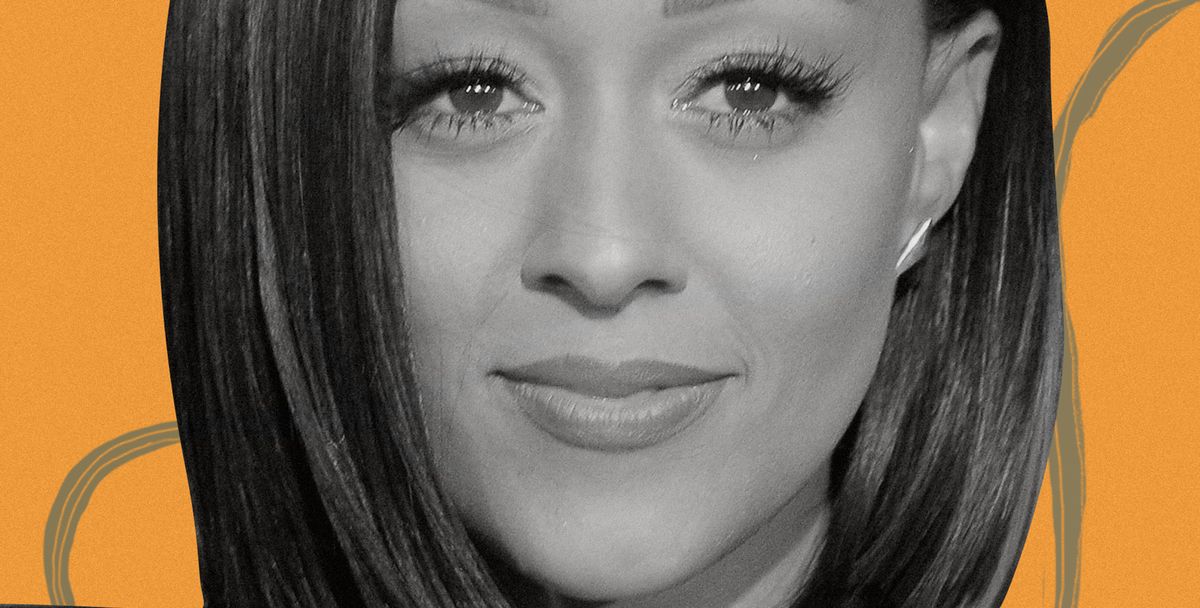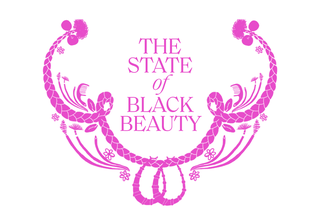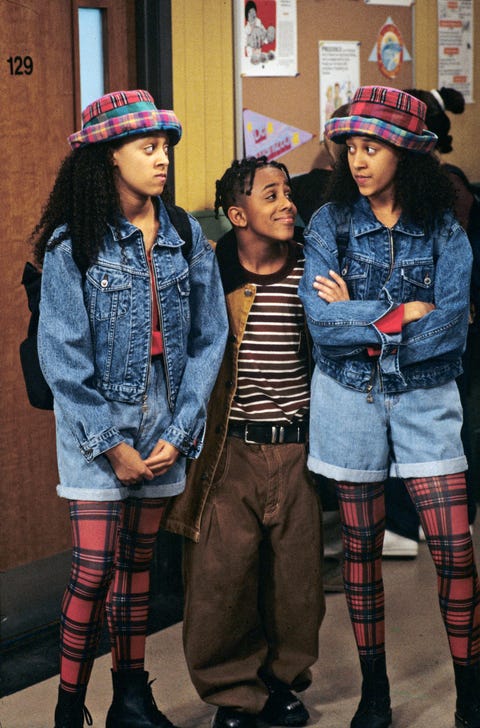For the State of Black Beauty, ELLE.com chatted with six Black icons to hear how they define Black beauty and how they see themselves in the space—in their own words.
Growing up in Hollywood of course had its challenges, especially as a young Black woman and an aspiring actress. You’re not necessarily seeing a lot of representation. It was hard. We’re on Sister, Sister—we have this hit television show, right? And there were times when we would see other actors—who weren’t Black—on the cover of magazines, on beauty pages, fashion, all of that—and my sister and I were like, We want to do that.
I won’t name the magazine, but I remember there was one time we were talking to our publicist, and we’re like, “We would love to be on the cover of this magazine. Could we be on the cover of the magazine?” She told us that we would not sell. We didn’t understand that we were experiencing all of this kickback. You know that children’s rhyme, “Sticks and stones may break my bones, but words never hurt me?” I’m not a fan of that, because what that rejection did was create a lot of insecurity. This magazine was a very popular teen magazine that had fashion, beauty, and was known for spotlighting what they thought was beautiful and what they thought was popular and hot at that time. It had us navigating who we are as a person and what our value is as a person in this business. It gave us a lot of insecurity. It made us feel like we weren’t valuable in that space. Like we weren’t valuable at all.
When we were younger, it was wonderful being able to wear our natural hair. People were always like, “Oh, you’re so cute. We love your curls.” But as we went into adulthood, you could see that when we became teenagers in the show, we ended up straightening our hair. It was such a pivotal moment in the series because it was also a reflection of what was being pushed as “beautiful” in society. When I straightened my hair, it damaged my hair and it damaged my natural curls. Again, there were those insecurities. In this business, if I had my hair curly, I was told, “Can you pull that back?” On auditions, I was told, “It’s distracting.”
But I thank God that my mom told us, Do not allow this business to define you. Do not allow this business to define your happiness. Do not allow this business to define your value. I believe that’s what saved us from falling into the pit of childhood stardom.
Then I started to see this beautiful, amazing movement on Instagram and social media, where Black women embraced and celebrated their natural beauty and were confident in who they are, celebrating all of the different coils from the thick, tight-tight-tight strands to the loose, wavy strands. I’m loving and seeing all the beautiful different shades of Black beauty. Down to the beautiful chocolate skin like my mother. Down to the caramel color. It ignited a fire in me. That led me to do my first big chop, because I was ready to embrace and celebrate who I am and what my beauty is. I’ve been having that wonderful love affair ever since.
Black beauty to me is being unapologetic. It means strong. It means bold. It means confidence. It means beautiful. When you are a minority, you have to see the lack of diversity being pushed in beauty and you have to have those qualities of being unapologetic.
My relationship with beauty really evolved after having my children. When I’m 50 or 60 pounds bigger, I am still beautiful. Losing weight after having the baby is still beautiful. When you’re younger, you have insecurities about who you are and where you stand, but now I’m very unapologetic. I’m like, “This is who I am. I love every part of me. I love the wrinkles that I have. I love my smile. I love my gray hair. I love every part of who I am.
Now, I’ve moved on toward using products that are natural, organic, not as many chemicals, anything that’s good for me. I understand beauty comes from within. It’s about how you feel. It’s about how you take care of yourself. It’s about, are you drinking your water? Are you eating the right foods? I’m more aware of what these products are doing for my body. I’m more aware of what it’s doing for the environment. It’s how you feel inside and how you take care of yourself on the inside that’s just as important as how you take care of yourself on the outside. It’s not so vain as when you’re younger. When you’re older, it’s more about how you feel. And then that shines outwardly.
The specific lightbulb moment was when I was dealing with my personal health issues. I was diagnosed with endometriosis and my doctor was like, “Look, if you don’t want to continue to be on pain pills to help your symptoms and have surgeries, and if you want to have a child”—because it’s an infertility issue—”you’re going to have to start changing your lifestyle.”
I ended up doing exactly that. I ended up changing my diet. I ended up exercising. I ended up watching my stressors. I started to meditate, do yoga, and I started to take supplements. I saw huge, huge changes within my well-being. I no longer had eczema. I no longer had migraines. My skin was just glowing. My biggest miracle was I was able to have two beautiful children.
I didn’t want to keep that to myself. I wanted to inspire and encourage women to understand that if you take charge and control of yourself and your health, you will start to see benefits. You will start to really tap into your wellness and your potential. I wanted to encourage women to take control of their health and that’s why I came out with a line of supplements, Anser.
While on my wellness journey, I took note of the lack of representation. I didn’t see women of color in the marketplace when it came to supplements. I wanted to start having that conversation and communicating with the consumers that didn’t feel included, that didn’t feel recognized. I also wanted to make sure that the brand itself was inclusive, meaning that it was affordable and did not sacrifice the quality of the product. Anser is vegan—except the prenatal because you need the fish oil—no fillers, non-GMOs. Wellness should be affordable and accessible and tangible to everyone. The tagline says, “You are the Anser,” meaning you are the only one that can do this for yourself.
Being a Black beauty icon is empowering because I love inspiring beautiful Black women—young and old—to love the skin they’re in. I’m so impressed with Rihanna and how she came out with Fenty. I’m so impressed with Tracee Ellis Ross, how she’s come out with Pattern. It’s so incredible because we—and I’m including myself with Anser—we’re part of the beauty world and have a lot of important things to say.
If you’re the only Black girl in your class, don’t be ashamed of wearing your natural locks or your braids. This is something to celebrate. It’s history. It’s beautiful. If you are seeing us on Sister, Sister with curly hair, we hope you see you. We hope you feel empowered. We hope you go out and move mountains.
This interview has been edited and condensed for clarity and length.
This content is created and maintained by a third party, and imported onto this page to help users provide their email addresses. You may be able to find more information about this and similar content at piano.io


